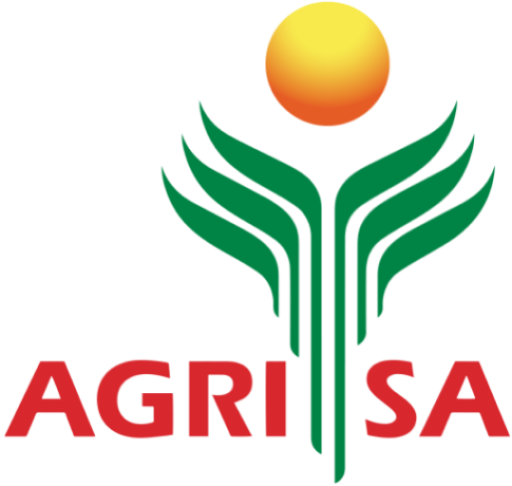Precision intervention to diesel rebate scheme a sustainable option to buffer food price increases from fuel hike
The agricultural industry and consumers alike are facing a significant hike in the price of fuel tomorrow, with some estimates putting the increase in the region of R4 per litre if the R1.50 general fuel levy relief is not extended.
An increase of this magnitude will have serious knock-on effects on food security in South Africa and it is vital that government consider all viable options to buffer the cost pressures that impact food prices. Agri SA believes that a targeted intervention to increase the diesel rebate to the agricultural sector would serve this purpose, while also being more sustainable option over the coming months given pressures to the fiscus.
The consequences of rising fuel prices have already been acutely felt in the agricultural sector, where fuel is one of several input costs that have been rising sharply, placing significant pressure on a number of agricultural commodity sectors. And whilst farmers have little control over food prices beyond the farm gate, increasing input prices have already been felt by consumers who are facing the result of these cost pressures, higher food prices, at the till.
The need for relief to farmers is especially urgent in that there is high demand for fuel in many parts of the sector as it is still harvesting season for a number of commodities including summer grains and fruits like citrus. Winter crops, including wheat, are also currently being planted. This makes these commodities sensitive to the current increase and highlights the need for a targeted and sustainable intervention that can help mute food price increases in coming months.
The agricultural sector receives little-to-no direct support from the government relative to our international competitors. One of the welcome measures in place is the diesel rebate which is designed to benefit local industries by protecting against international competition (where primary producers enjoy significant subsidy and other government support). The rebate works by offering relief from the Road Accident Fund (RAF) Levy and the Fuel Levy and is currently industry dependent.
In the agricultural sector, a certain percentage of producers’ fuel qualifies for this rebate, and of that portion 100% is exempt from the RAF Levy, and 40% from the Fuel Levy. This tool is very well placed to help cushion the sector from increasing fuel costs. This could be achieved by either increasing the percentage of producer fuel which qualifies for both the RAF and Fuel Levy and/or increasing the percentage of relief from the Fuel Levy.
An intervention such as this would be both targeted and strategic, as one of the biggest negative externalities of fuel price increases is their impact on the price of food and food security in general. Cushioning the increase in this manner would go a long way in ensuring farmers remain viable and help feed the nation.
Agri SA will continue to engage our members, communities and government to ensure that we can keep South Africans adequately supplied with food in these uncertain and difficult economic times.
Media enquiries:
Kulani Siweya kulani@agrisa.co.za

